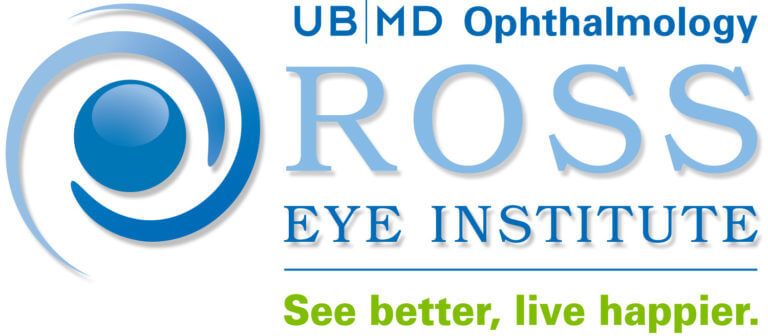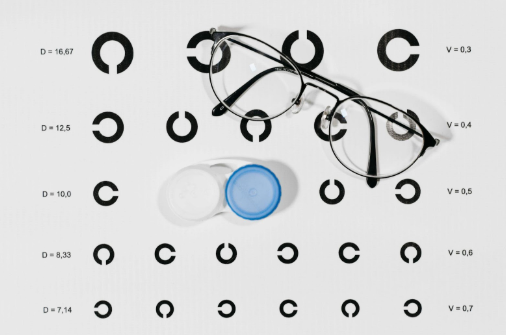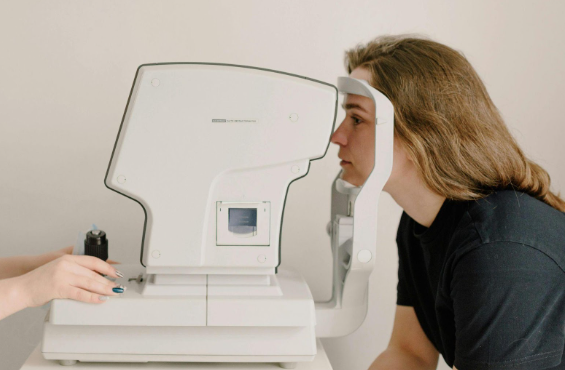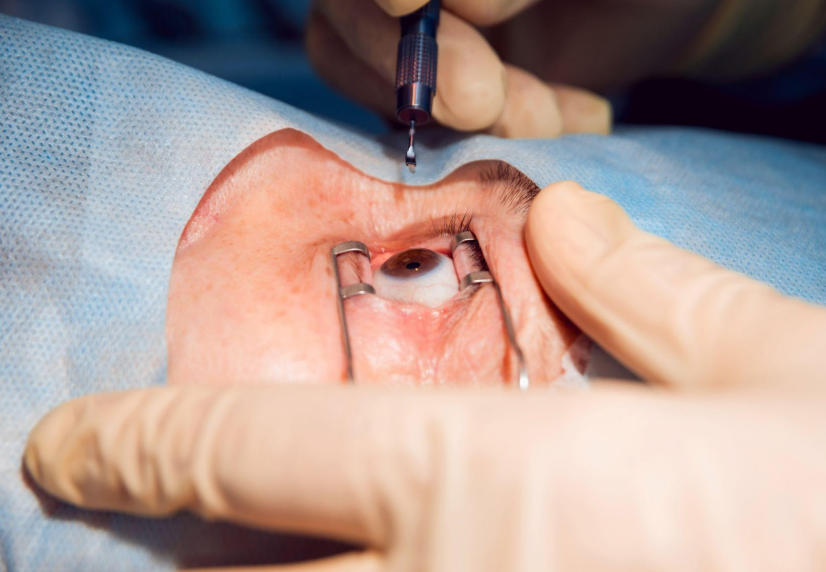What Your Optometrist Can Tell You About Your Overall Health
What Your Optometrist Can Tell You About Your Overall Health
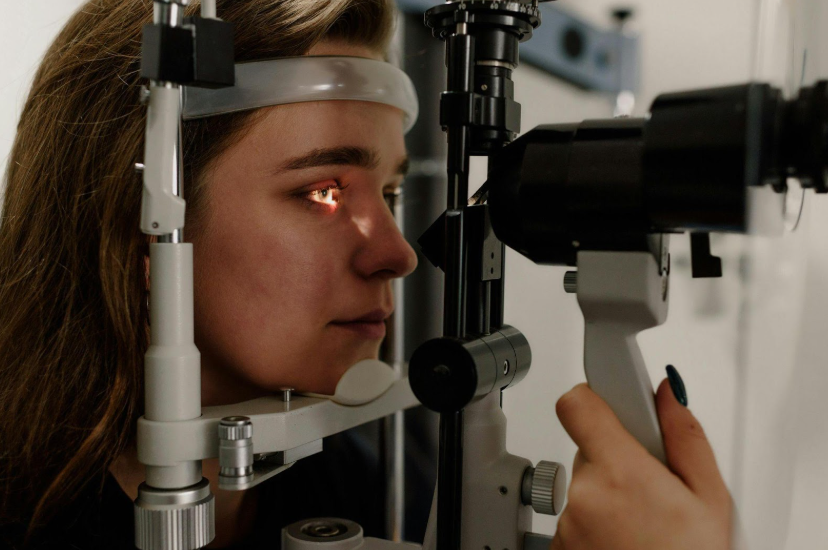
An eye exam is often associated with checking vision clarity and determining the need for glasses or contact lenses. However, many people don’t realize that a visit to the optometrist can reveal much more than vision-related issues. Your eyes can act as windows to your overall health, providing vital clues about underlying medical conditions.
Here’s an overview of what an optometrist can provide you about your general well-being.
Detecting Diabetes Through Eye Exams
One of the most common health issues identified during an eye exam is diabetes. High blood sugar levels can damage the tiny blood vessels in the retina, leading to a condition called diabetic retinopathy. Early signs include bleeding, swelling, or abnormal growth of blood vessels in the eye.
Optometrists can spot these changes long before symptoms become noticeable, helping patients seek timely medical intervention. Early detection can manage diabetes effectively and prevent complications such as vision loss.
Identifying High Blood Pressure
High blood pressure, or hypertension, is another condition that can be detected through an eye exam. Elevated blood pressure can cause changes in the blood vessels at the back of the eye, such as narrowing, bleeding, or swelling of the optic nerve. These signs, known as hypertensive retinopathy, can help an optometrist alert patients to potential cardiovascular risks.
Addressing high blood pressure early can reduce the risk of heart disease, stroke, and kidney problems. Regular eye exams are a non-invasive way to monitor the effects of hypertension on the body.
Recognizing Signs of Autoimmune Diseases
Autoimmune diseases, such as lupus and rheumatoid arthritis, can also affect the eyes. Inflammation in the eye, dry eye syndrome, or swelling of the optic nerve can signal an underlying autoimmune condition. These symptoms might be subtle or overlooked without a comprehensive eye exam.
Spotting Early Signs of Multiple Sclerosis
Multiple sclerosis (MS) is a neurological condition that often affects vision as one of its early symptoms. Optic neuritis, or inflammation of the optic nerve, is a common sign of MS. Symptoms include blurred vision, pain, or loss of color perception in one eye.
An optometrist’s ability to detect optic neuritis can lead to an earlier diagnosis of MS, enabling patients to start treatment sooner. This can slow the progression of the disease and improve the quality of life.
Detecting High Cholesterol Levels
High cholesterol can leave deposits in the cornea or create yellowish plaques in the eyelids, known as xanthelasma. These indicators can prompt an optometrist to suggest blood tests to confirm cholesterol levels.
Managing high cholesterol is integral for preventing heart disease and other related conditions. An eye exam can provide the first indication of this issue, encouraging patients to take proactive steps.
Recognizing Thyroid Issues
Thyroid disorders, particularly hyperthyroidism, can manifest in the eyes. Symptoms may include bulging eyes, dryness, or double vision. Graves’ disease, an autoimmune condition linked to hyperthyroidism, often causes these symptoms.
An optometrist can detect these changes and recommend further testing to diagnose and manage thyroid conditions.
Uncovering Tumours or Aneurysms
In rare cases, an eye exam can reveal signs of brain tumors or aneurysms. Pressure on the optic nerve, unusual pupil reactions, or visual field defects can indicate these serious conditions.
While these findings are uncommon, they underscore the importance of regular eye exams and early detection, which can lead to life-saving interventions.
Monitoring Overall Vascular Health
The blood vessels in the retina can reveal a great deal about overall vascular health. Changes in these vessels could signal issues such as blocked arteries, blood clotting disorders, or other circulatory problems. These insights can prompt further medical evaluations and preventive measures to protect long-term health.
The Importance of Regular Eye Exams
Regular eye exams are not just for correcting vision; they are a big part of preventive healthcare. Adults should schedule an eye exam at least once every year, while those with underlying health conditions may need more frequent visits. Children should also have regular eye exams to monitor their development and overall health.
What to Expect During an Eye Exam
A comprehensive eye exam typically includes tests for vision clarity, eye muscle function, and the health of the retina and optic nerve. Modern technology, such as optical coherence tomography (OCT) and digital retinal imaging, allows optometrists to detect subtle changes in the eyes that may indicate underlying health issues.
Your optometrist will also ask about your medical history, current medications, and any symptoms you’ve experienced. This holistic approach thoroughly assesses your eye health and its connection to your overall health.
Final Thoughts
Your eyes are more than a window to the world; they’re a window to your health. An optometrist can identify early signs of various medical conditions, from diabetes to neurological disorders, during a routine eye exam.
If you’ve been putting off an eye exam, consider booking one today. It’s a simple step toward protecting your vision and protecting your overall health.
Schedule your comprehensive eye exam today with us at
Ross Eye Institute and take the first step toward protecting your vision and overall health. Our expert optometrists use advanced diagnostic tools to identify potential health concerns early, providing personalized care tailored to your needs. Don’t wait—prioritize your eye health and uncover vital insights about your well-being.
Contact us now and see the difference professional eye care can make!

